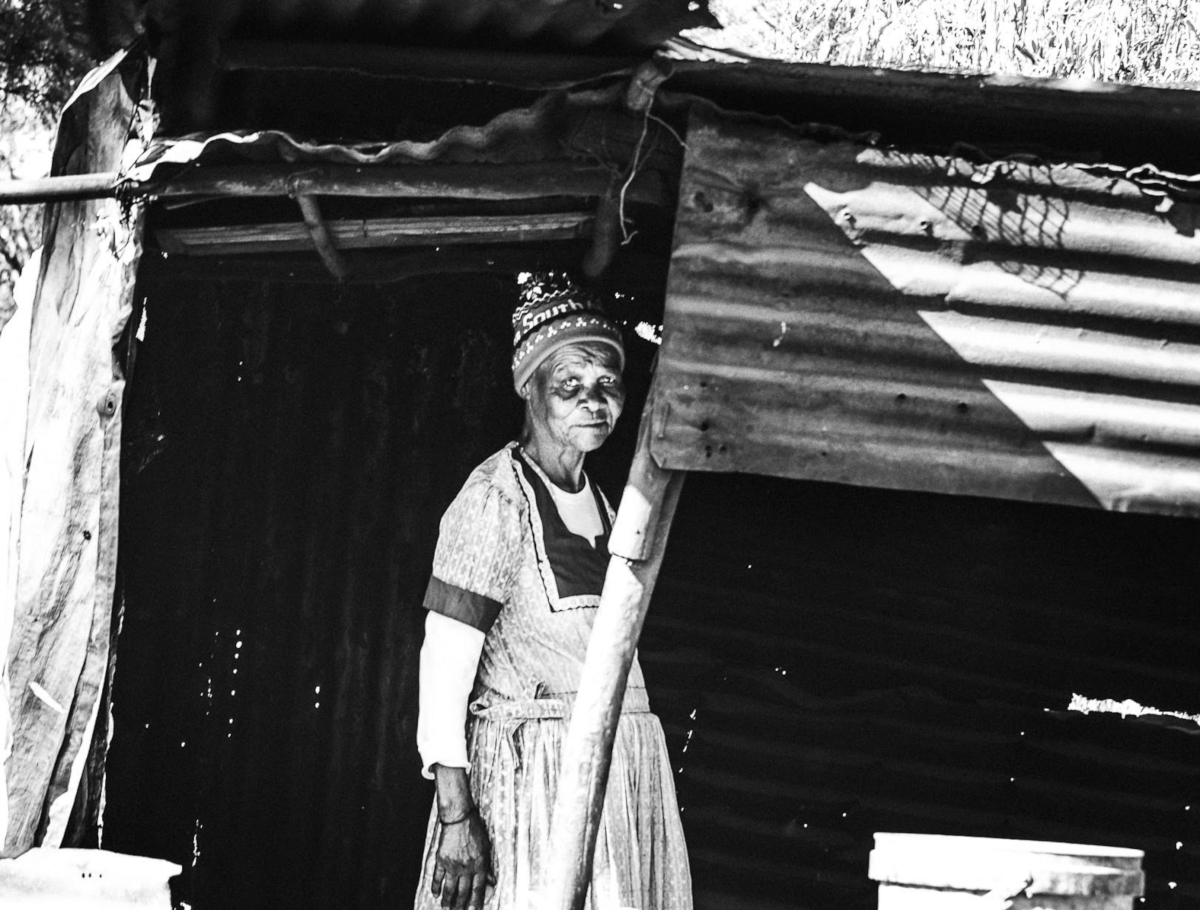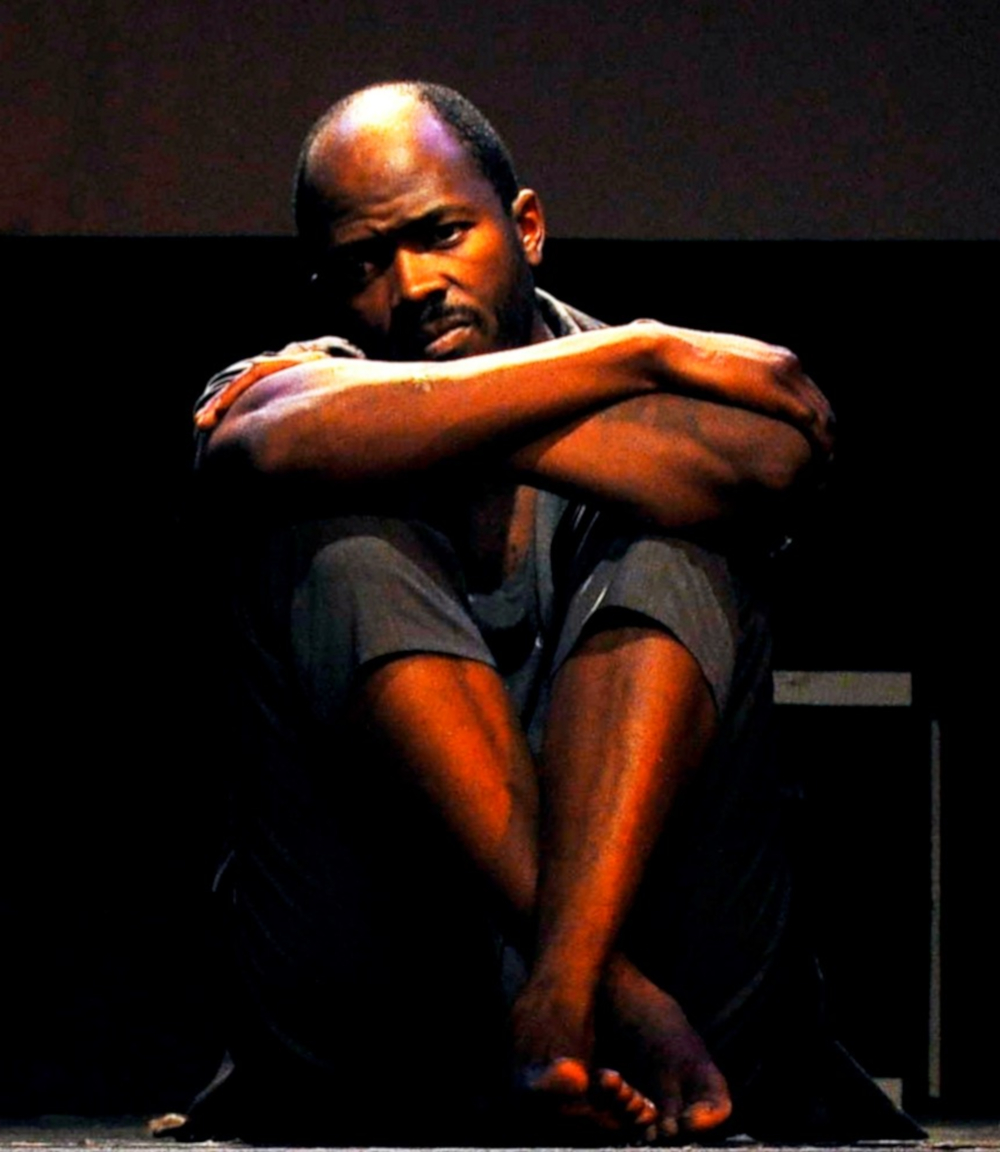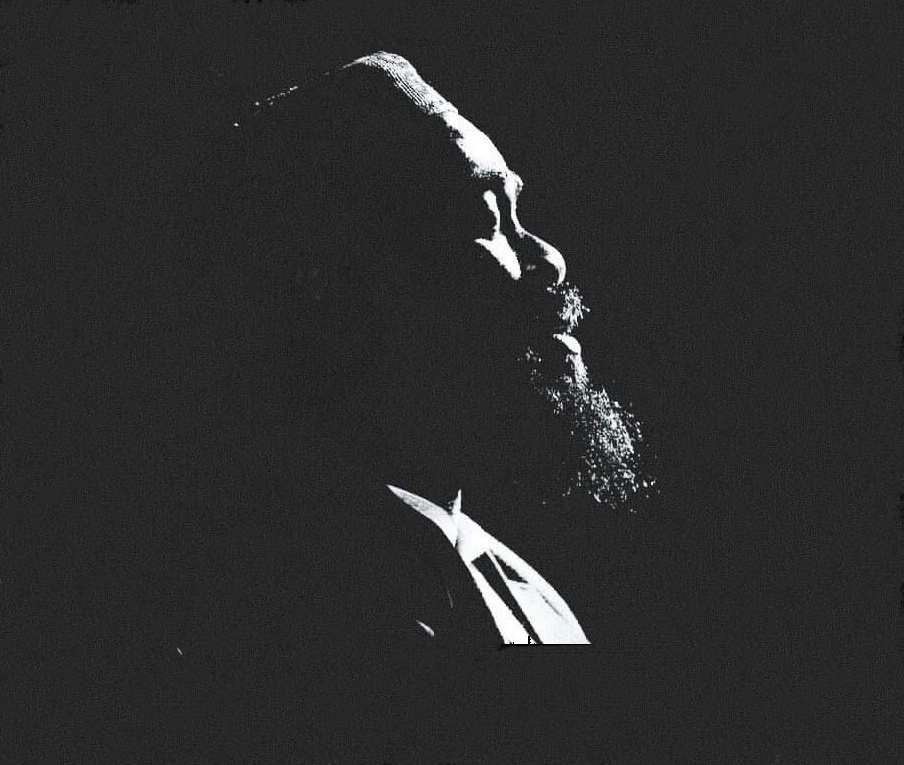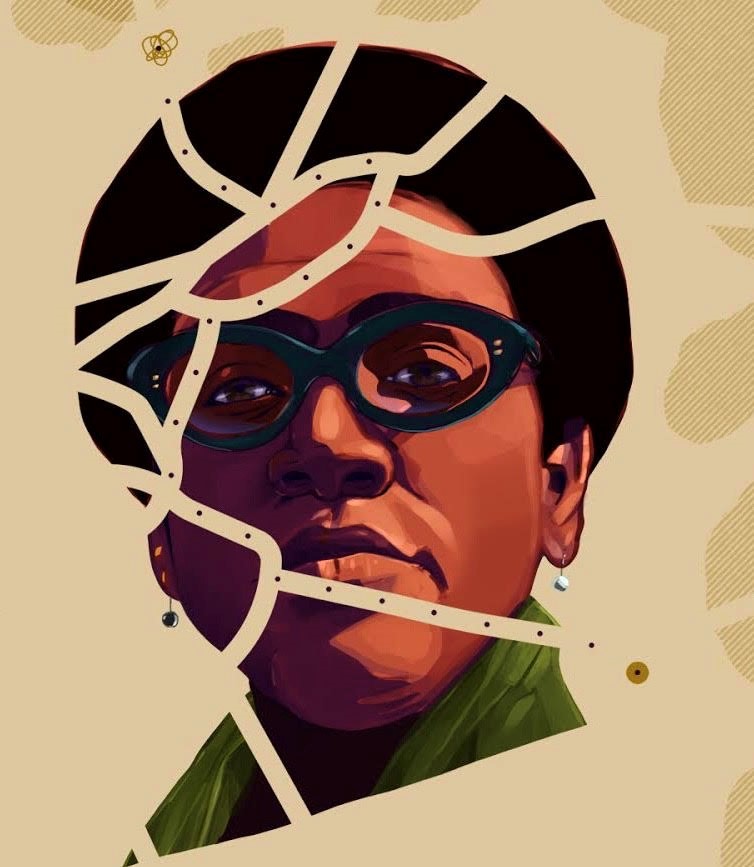Growing up, I was the designated debt collector in my family. The “Laqhasha” of the family, if you will. I was all too familiar with the “Sanibona, Ugogo/Uma uthe ngizocela leyompahla” method of debt collecting, which worked at times, and not so much on other occasions. On more unfortunate scenarios I would be met with, “Wooo ngane yami! Utshele ugogo ukuthi ngiyom’bona ngenyanga ezayo”. That always irritated me because it meant that when I get home, whoever had sent me would be shouting as if I was the one who had not paid the debt. But the other reason I hated the “Nyang’ ezayo” people is that they made my job even more difficult than it was because it meant that I had to be firmer when “inyang’ ezayo” eventually comes. Once, my grandmother sent me to “landa leyompahla”, being fed up with asking for impahla that I never get, I got to the person’s house and said “ugogo ubethe ngizocela imali yakhe” without even blinking as the poor woman sat, watching TV with her family. By the time I got home, I was carrying Gogo’s long lost and almost forgotten R50 in my hand. It was only days later that I was in trouble with my grandmother for having used the wrong language to ask for the money.
“Ngisho kahle ukuthi ufike uthi ‘ugogo uthe angizocela leyompahla, wena uyafika uthi ugogo ucela imali yakhe. Waze wam’hlambalaza uMaMdakane phambi komndeni wakhe. Angikwazi udalwe kanjani? Said my grandmother, with her hands on her waist.
“Hawu! Kanjalo nje?” added her husband.
I was labelled a disrespectful person who had gone to the neighbour’s house and humiliated her in front of her family. The story of my insolence was used as an example of how disrespectful children can be.
For me, a lesson was learnt that for our elders; respect and humility are important. No matter how much someone owes you, respect is still required in the way you ask for a debt to be repaid. This is something I understand very well but in my adult life, treating people who owe me money with respect has not worked for me at all. Instead, I have been disrespected by them.
Like many people, I have sat and listened to some sob stories about how much a person needs the money they are about to borrow from you and how they will pay it back at the end of the month. Ewu ngoba nokuphela kwenyanga siyakuthanda masizoboleka imali! Surprise surprise when inyanga eventually ends and you are not paid. When you go and enquire about the money, you are told about the end of the following month. Month end after month end, imali yakho lutho ukufika ezandleni zakho. You send endless messages, “Girl, awunginike phela leyampahla, I really need it” only to be blue ticked or given a cold response “Ngizokunika imali mfethu. Musa ukungishusha”. Awukhali unani ke lapho sewudelelwa ngemali yakho, ubizwa ngomshushi. It is then that I understand why Laqhasha used to break people’s legs when they didn’t pay on S’gudi S’nays.
Recently, I came up with a new strategy of getting my money back. If you owe me money, I don’t ask for it back but I borrow the same amount you owe me or more and then just never pay it back. It worked on the person that owed me R50. Kodwa amadimoni akhona yonk’ indawo, I didn’t get back the R200 I’ve been owed for almost 2 years. Sistaz just told me straight “Anginalutho”. I have never felt so defeated in my life. Phela, I had planned to do my hair with that money. Now I am sitting here writing articles with shabby looking hair (cry with me, if you have a heart).
Humility and respect don’t work when it comes to debt collecting. Be firm when you ask for your money back. Or better yet, just don’t borrow people money no matter how hard they cry or painful the sob story they tell. Be that person that people can’t rely on when they need money because hheyi abangani bethu bawo fukhen! My favourite is ukukhala ibhodi elikhulu, ulibeke esangweni uthi “Ngena mawungazile ukuboleka imali”.





















